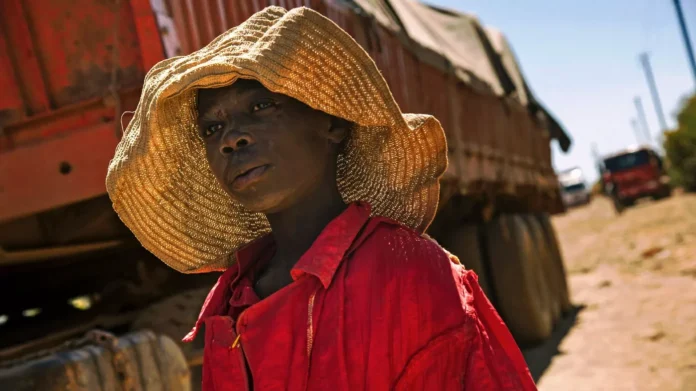The world is undergoing a significant energy transition, and the race to secure crucial metals and minerals for this shift is heating up. As countries and companies recognize the importance of these resources in the ongoing energy revolution, they are jostling for position within the global supply chain. This competition has not only opened up new opportunities for countries and businesses, but it has also brought to light the need to diversify and strengthen the supply chain for these vital resources.
For decades, China has been the dominant player in the global mineral processing industry. With its abundant resources, low labor costs, and advanced technology, China has been able to establish a strong foothold in this sector. However, the recent push towards clean and renewable energy has led to a surge in demand for metals like lithium, cobalt, and rare earth elements, which are crucial for the production of electric vehicles, wind turbines, and solar panels. This has exposed the vulnerability of the global supply chain, which is heavily reliant on China for these resources.
Realizing the potential risks of this dependence, countries around the world are now taking steps to secure their supply of these critical minerals. In the United States, the Biden administration has included a $2 trillion clean energy and infrastructure plan in its proposed budget, which includes investments in domestic mineral production. The European Union has also launched its Raw Materials Alliance, which aims to promote sustainable sourcing and processing of raw materials within the EU. Japan, South Korea, and Australia are also ramping up their efforts to reduce their reliance on China for these resources.
The shift towards a more diversified supply chain is not just limited to governments. Major companies are also taking action to secure their supply of these essential metals. Tesla, one of the leading electric vehicle manufacturers, has announced plans to build a lithium hydroxide refinery in Texas, USA. This move will not only reduce the company’s dependence on Chinese suppliers but also create jobs and boost the local economy. Other companies like Apple, Google, and Samsung have also set targets to use 100% renewable energy in their operations, which will require a steady supply of critical minerals.
In addition to diversifying the supply chain, there is also a growing emphasis on responsible and ethical sourcing of these minerals. In recent years, there have been concerns about the use of child labor and environmental degradation in the production of these resources. This has led to increased scrutiny and calls for more transparent and sustainable practices. Companies are now working with local communities and governments to ensure that their sourcing and processing activities are ethical and environmentally friendly.
The race to secure critical minerals has also opened up new opportunities for developing countries with rich reserves of these resources. Countries like Chile, Australia, and the Democratic Republic of Congo, which hold significant reserves of lithium, cobalt, and rare earth elements, are now in the spotlight. These countries have the potential to become major players in the global supply chain and reap the economic benefits that come with it. However, it is crucial for these countries to have strong policies and regulations in place to ensure that the exploitation of these resources is done in a sustainable and responsible manner.
The ongoing energy transition is not just about reducing carbon emissions and moving towards cleaner energy sources. It also presents an opportunity for countries and companies to strengthen their economies and create new jobs. The race for critical minerals is a prime example of this. By diversifying and securing the supply chain for these resources, countries can reduce their dependence on a single supplier and mitigate potential risks. This will also promote healthy competition and drive innovation in the industry.
In conclusion, the race to beef up global supply chains for metals and minerals crucial to the ongoing energy transition is a positive development. It has brought to light the need for a diversified and responsible supply chain and has opened up new opportunities for countries and businesses. With the right policies and strategies in place, we can ensure a sustainable and ethical production of these critical resources, which will not only support the energy transition but also drive economic growth and development.

